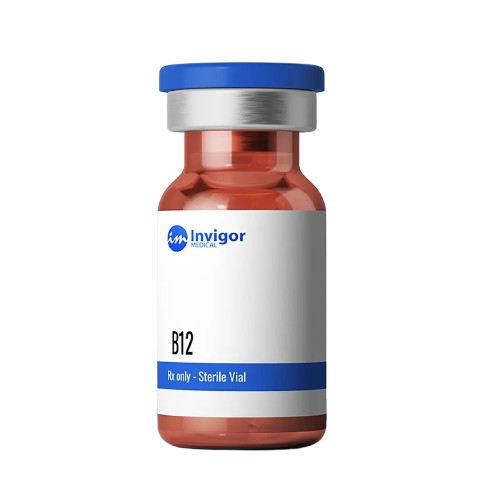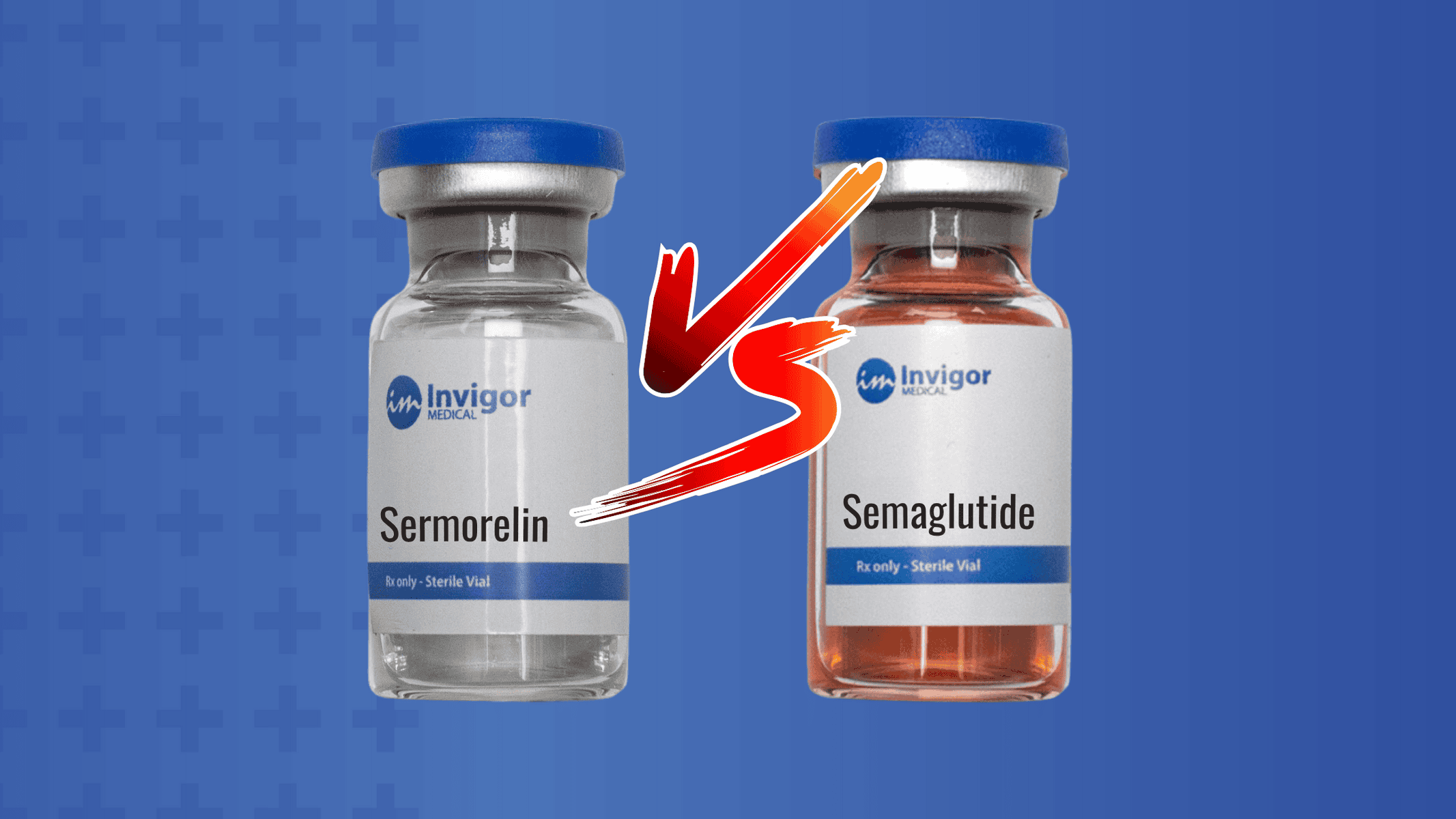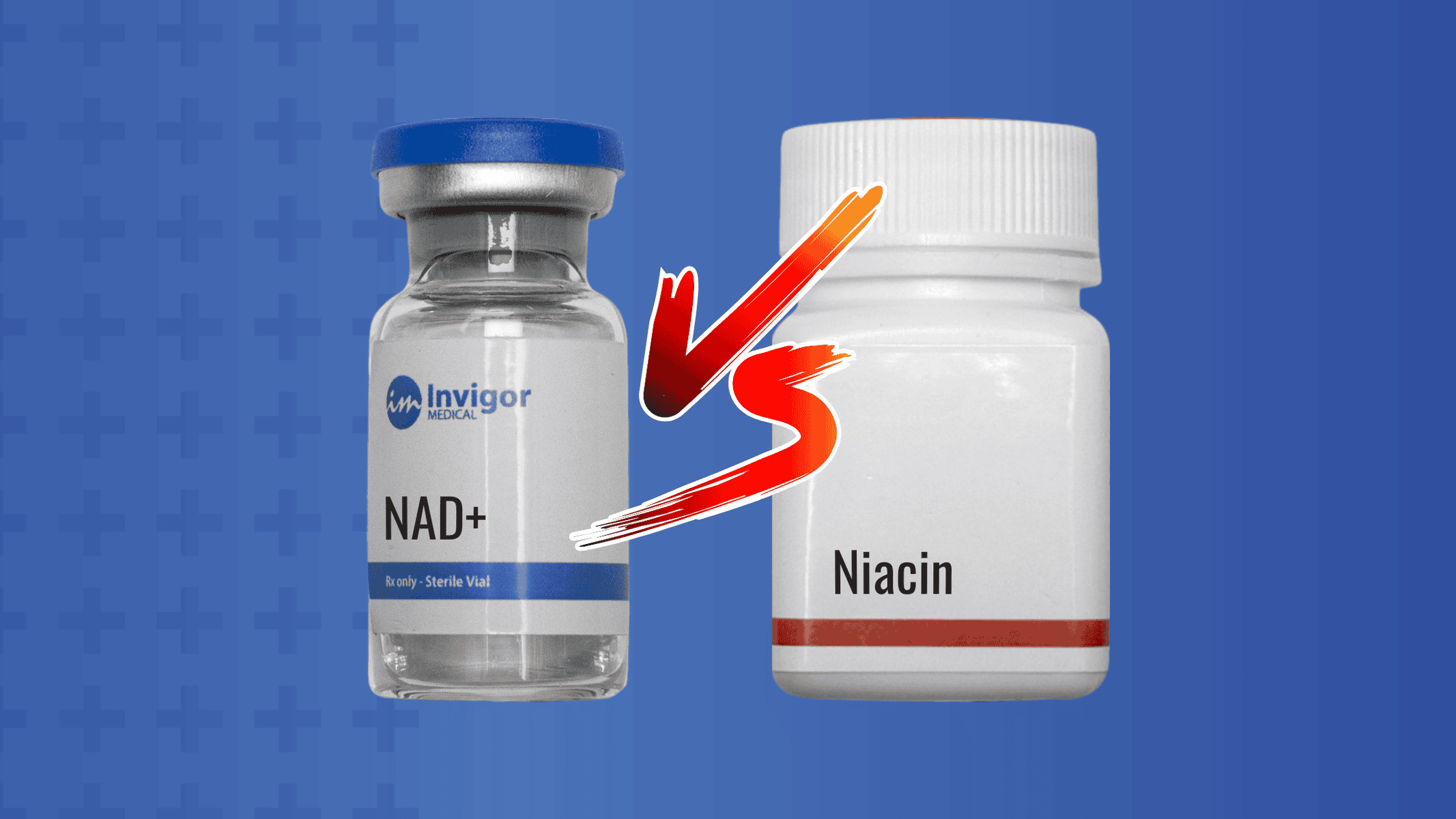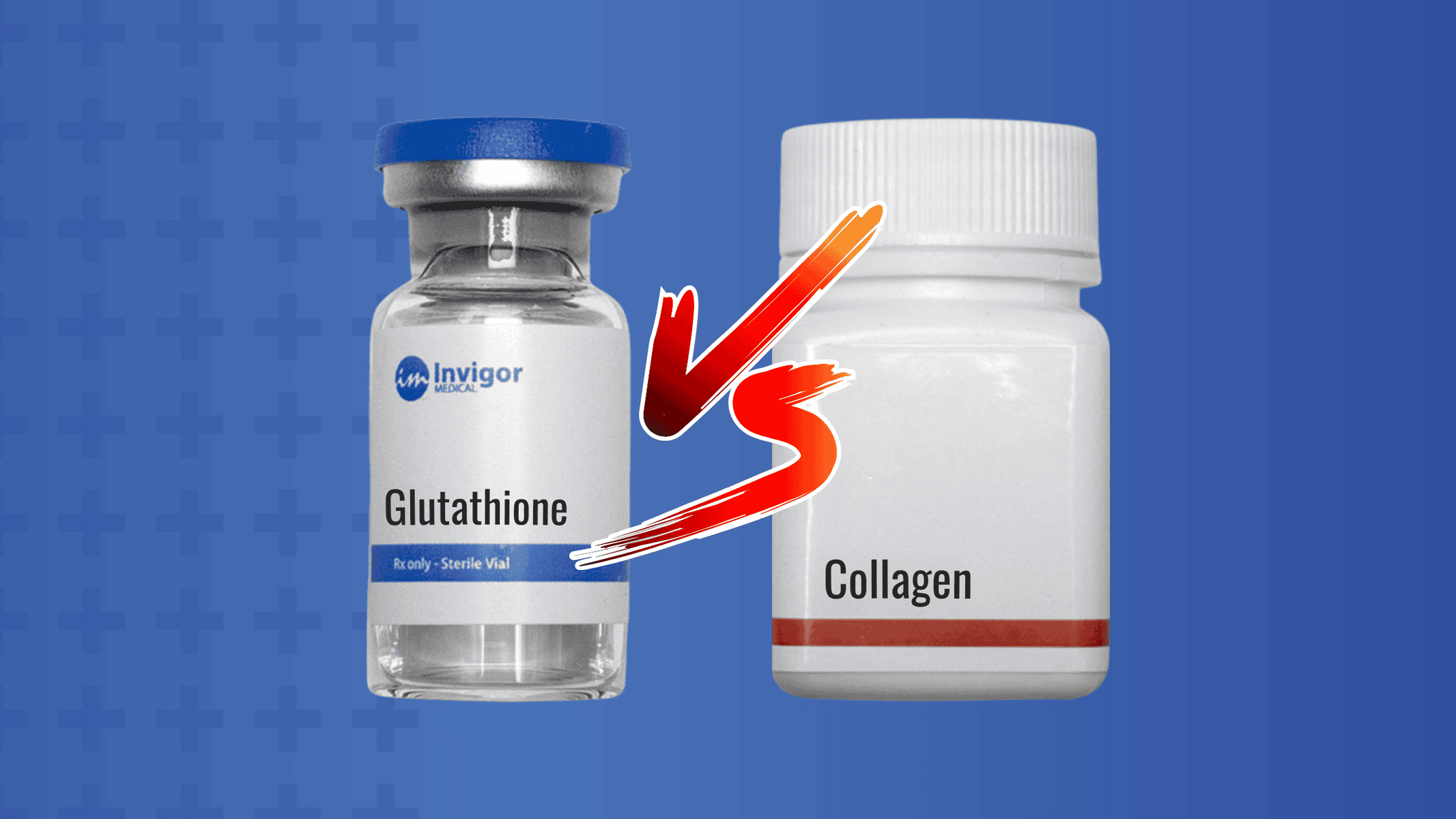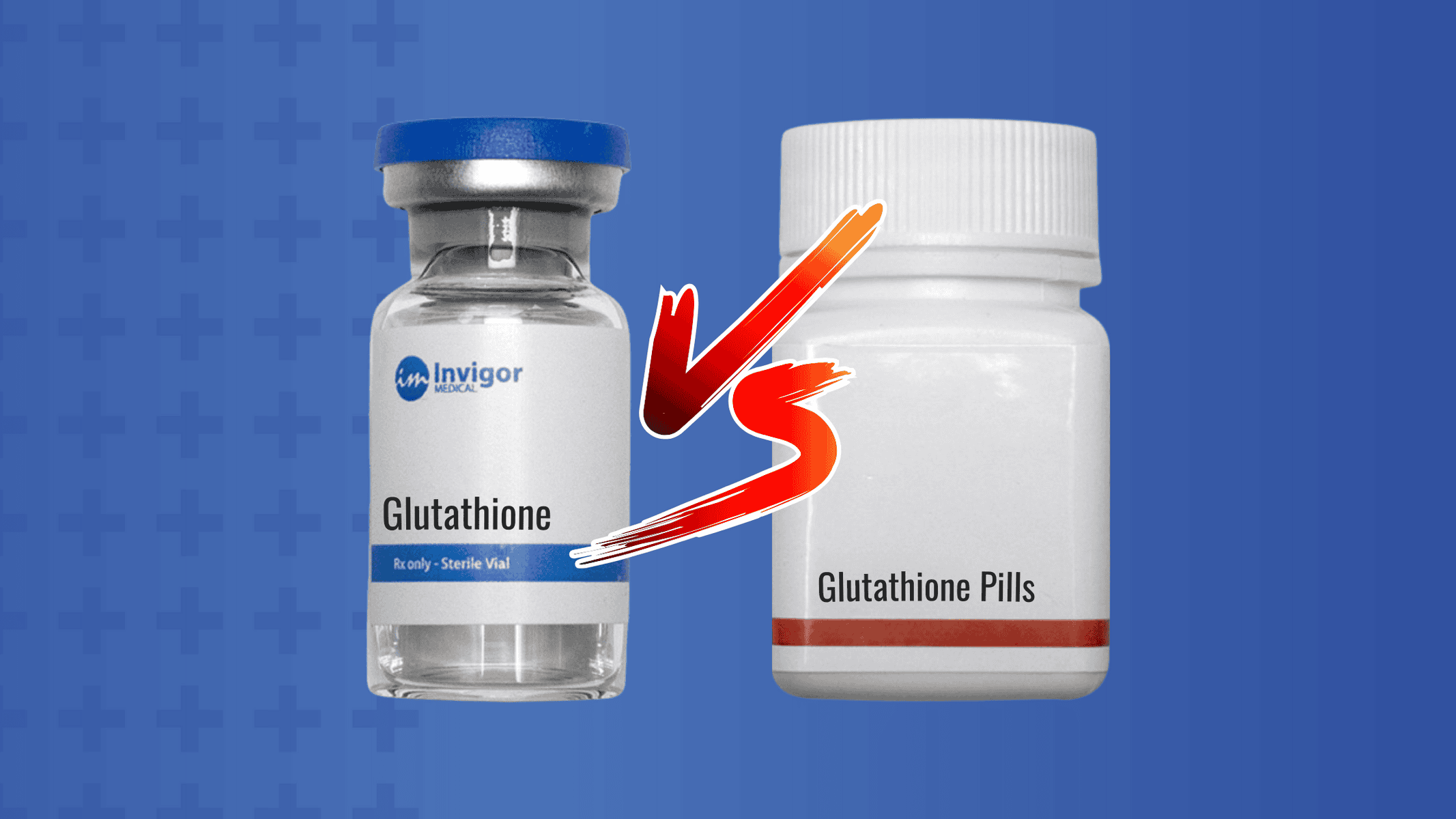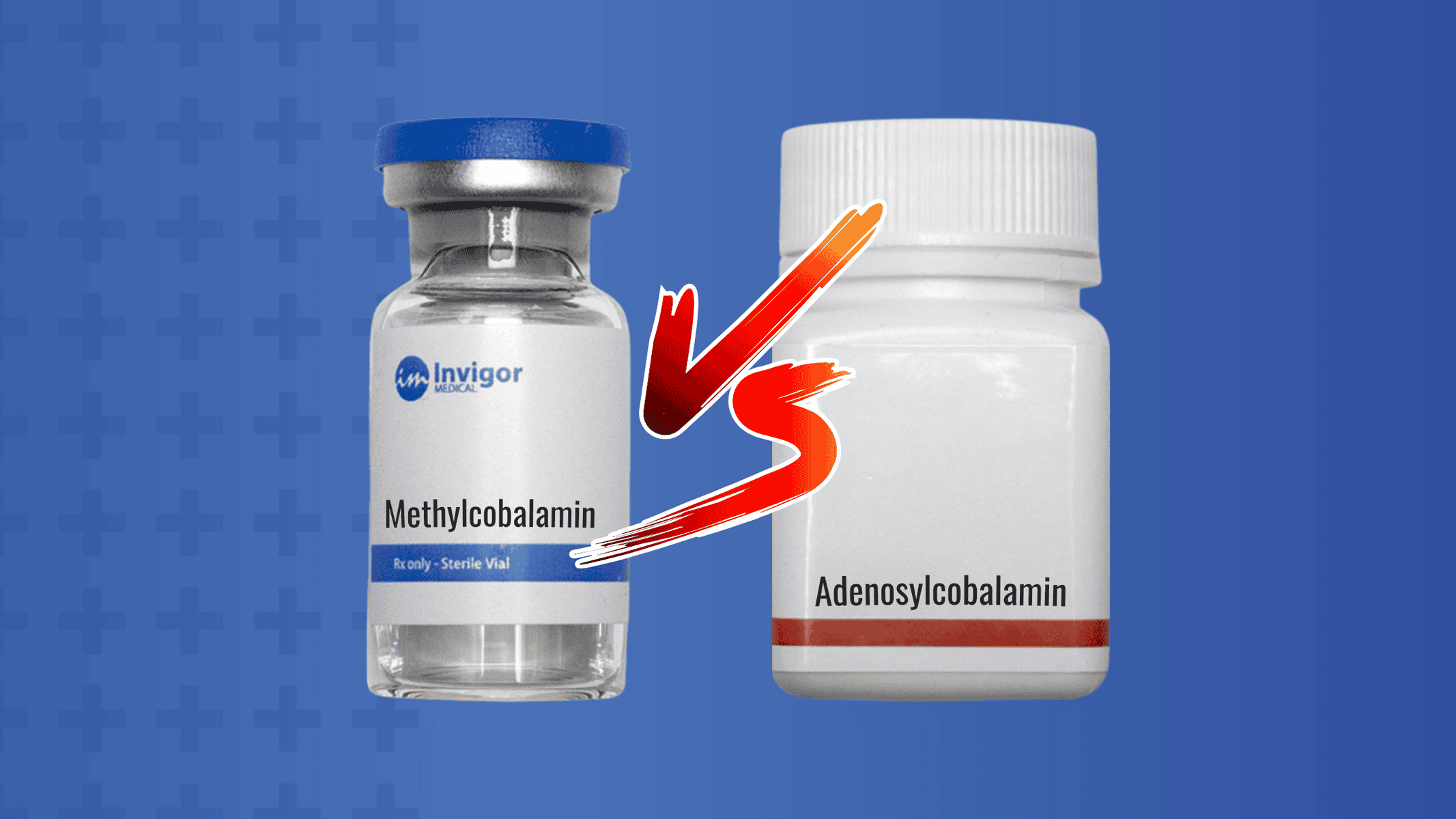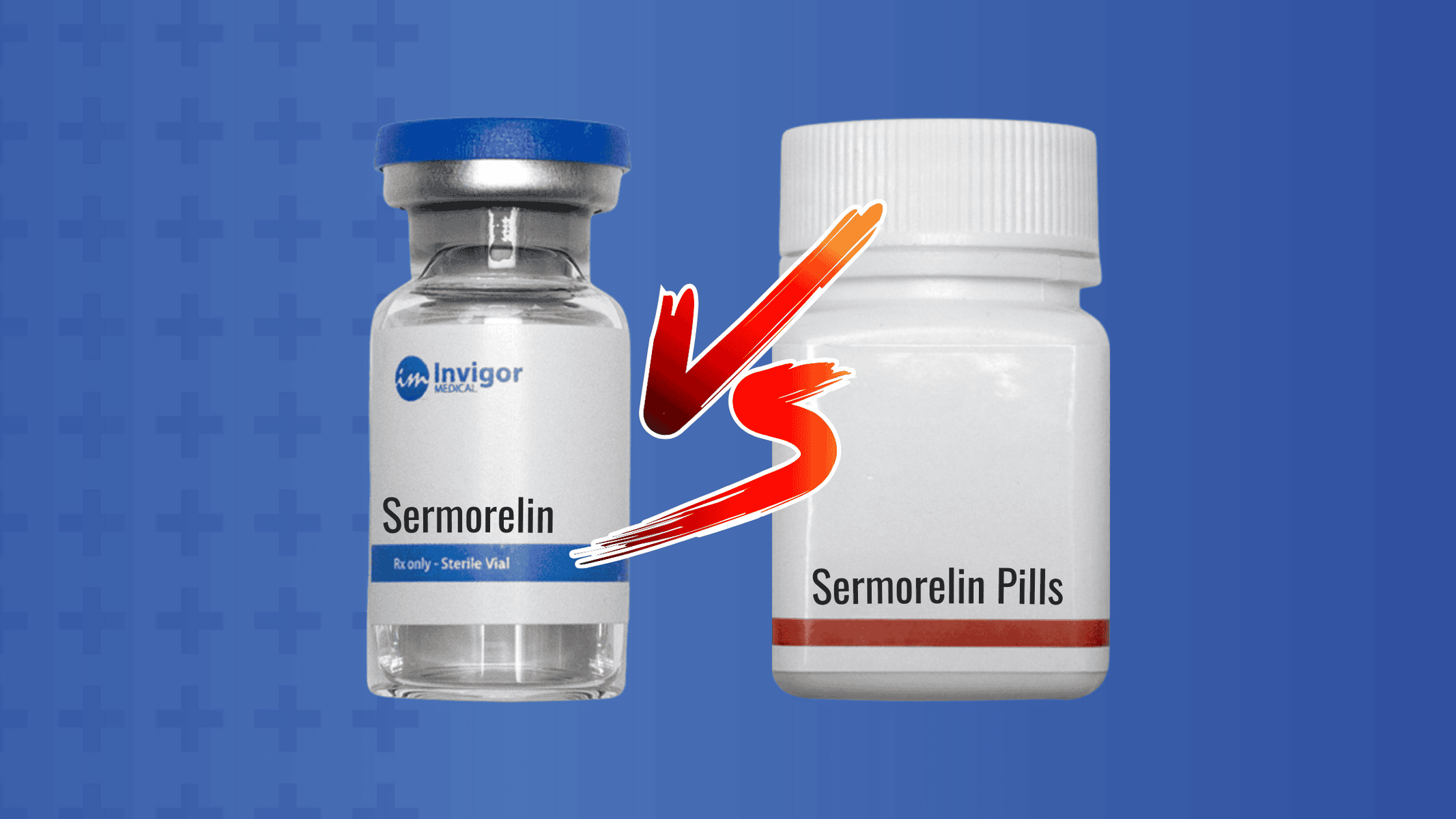Vitamin B12, also known as cobalamin due to its cobalt content, supports key bodily functions, including the production of red blood cells and DNA. It’s also important for digestion, metabolism, and nervous system support.
Humans get B12 naturally from animal products like red meat, poultry, fish, eggs, and dairy. However, sometimes we don’t get enough. A B12 deficiency can lead to several problems, including fatigue, weakness, anemia, and, in severe cases, nerve damage.
An overdose of vitamin B12 is rare if you take supplements according to the recommended dosage and eat a balanced diet. However, recent studies suggest that extremely high doses might cause adverse effects. For instance, a 2020 case report describes a patient experiencing skin issues, anxiety, and insomnia after receiving high oral B12 doses.
More research is needed to determine the exact threshold for B12 toxicity, but it highlights the importance of consulting a healthcare professional before taking megadoses of any supplement. Here is a closer look at managing your use of vitamin B12.
Table of Contents
Longevity
Invigor Medical does not offer emergency medical care. If you are experiencing a medical emergency, call 911 or go to the nearest emergency room immediately.
Medical treatments discussed on this site may not be appropriate for everyone. All medications require a prescription from a licensed healthcare provider following an appropriate telehealth consultation, and treatment decisions should be made on an individual basis.

